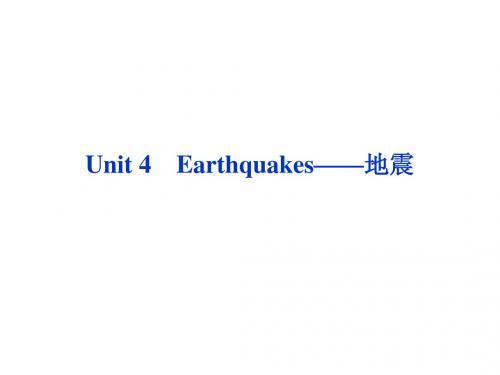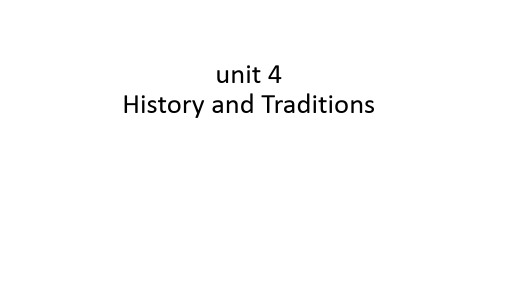◆不规则变化 原级 good,well bad,ill many,much little far old
比较级 better worse more less farther/further older/elder
最高级 best worst most least farthest/furthest oldest/eldest
构成
例词 原级 比较级
以一个辅音字母结尾,且前面 fat fatter
只有一个元音字母的词,双写 thin thinner
辅音字母后再加-er和-est hot hotter
以“辅音字母+y”结尾的词,先 easy easier
把y变为i再加-er和-est
happy happier
early earlier
副词
always,often,frequently,sel dom,never
how,where,when,why how,when,where,why,whet her,however,meanwhile when,where,why
考点四 形容词与副词的比较级和最高级构成
1.形容词和副词比较级和最高级的构成规则
少数以-er,-ow结尾的双音节 clever cleverer
词,加-er和-est
narrow narrower
最高级 fattest thinnest hottest easiest happiest earliest cleverest narrowest
构成
例词 原级
比较级
其他双音节和多音节 careful more careful
4.(2020·全国Ⅲ卷)One day the emperor wanted to get his portrait(画像) done so he called all great artists to come and present their ____f_in_e_s_t_______(fine) work,so that he could choose the best. 5.(2020·全国Ⅲ卷)As the small boat moved,_____g_e_n_tl_y______ (gentle) along the river he was left speechless by the mountains being silently reflected in the water. 6.(2020·新高考全国Ⅰ卷)In the 18th and 19th centuries, ___w_e_a_l_th_y_______(wealth) people travelled and collected plants,historical objects and works of art.





